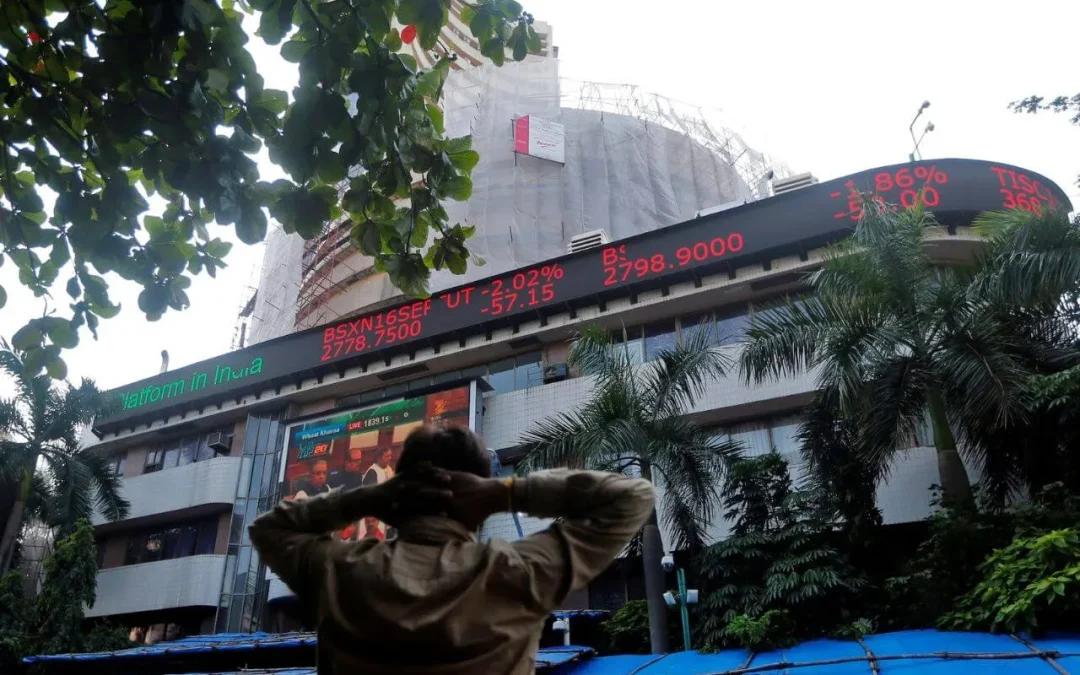During Friday’s trading session, the shares of an India-based garment exporter and manufacturer of ready-made garments hit a 20 percent lower circuit on stock exchanges. The stock witnessed a decline during Friday’s trading session due to the following reasons
Price Movement
With a market capitalisation of Rs. 4,901.5 crores, the shares of Pearl Global Industries Limited (PGIL) closed in the red at Rs. 1,067.05, down by nearly 15.5 percent. The stock has delivered positive returns of around 76 percent in one year, but declined by over 22 percent in one month. The stock hit its 52-week high at Rs. 1,718.05 on 16th January 2025, and compared to Friday’s closing price of Rs. 1,067.05, the stock is trading at a discount of nearly 38 percent.
What’s the News
On Thursday, U.S. President Donald Trump announced the imposition of reciprocal tariffs on approximately 60 countries, including major manufacturing hubs such as China, Vietnam, and Indonesia. These nations play a crucial role in the global supply chain of several international brands. As a result, shares of companies like Nike and Lululemon saw a sharp decline on Wall Street, given their reliance on suppliers from these regions.
In contrast, shares of Indian apparel firms such as Gokaldas Exports, Vardhman Textiles, and KPR Mill performed strongly. This was not due to an exemption from the new tariffs, but rather because the tariffs on Indian goods—set at 26 percent—were significantly lower than those on China, Vietnam, or Indonesia. This relatively favorable treatment has improved India’s position in the global apparel trade, offering a potential edge over its competitors.
While India faces a 26 percent retaliatory duty, the U.S. has levied much steeper tariffs on other nations: 34 percent on China, 46 percent on Vietnam, and 37 percent on Bangladesh.
Despite the overall positive momentum for Indian garment exporters, Pearl Global’s shares saw a decline. This can be attributed to the company’s substantial manufacturing presence in countries facing higher tariff rates. Pearl Global operates a total of 16 factories across Bangladesh, Vietnam, and Indonesia—all of which are now subject to steeper U.S. duties compared to India.
Specifically, the company runs 9 facilities in Bangladesh, 5 in Vietnam, and 2 in Indonesia. Additionally, it has 7 manufacturing units within India. According to Managing Director Pallab Banerjee in a statement to CNBC, around 45–50 percent of Pearl Global’s exports are directed to the U.S., with its Vietnam facility being most exposed after the new tariff structure.
Also read: PSU bank stocks to buy now for an upside potential of up to 24%; Do you own any?
Financial Performance
Pearl Global Industries reported a significant growth in revenue from operations, experiencing a rise of nearly 45.3 percent YoY, increasing from Rs. 704 crores in Q3 FY24 to Rs. 1,023 crores in Q3 FY25. This increase was due to healthy growth in sales volume across geographies. Similarly, during the same period, the company’s net profit increased from Rs. 33.8 crores to Rs. 48.2 crores, representing a rise of around 42.6 percent YoY.
Key Financial Ratios
In terms of key financial metrics, Pearl Global has a Return on Equity (RoE) of 21.9 percent and a return on capital employed (RoCE) of 21.4 percent. Additionally, the company’s debt-to-equity ratio stands at 0.62.
About the Company
Pearl Global Industries Limited is primarily engaged in the business of manufacturing, sourcing, distributing and export of ready to wear apparels through its domestic and global facilities and operations.
Written by Shivani Singh
Disclaimer

The views and investment tips expressed by investment experts/broking houses/rating agencies on tradebrains.in are their own, and not that of the website or its management. Investing in equities poses a risk of financial losses. Investors must therefore exercise due caution while investing or trading in stocks. Dailyraven Technologies or the author are not liable for any losses caused as a result of the decision based on this article. Please consult your investment advisor before investing.


